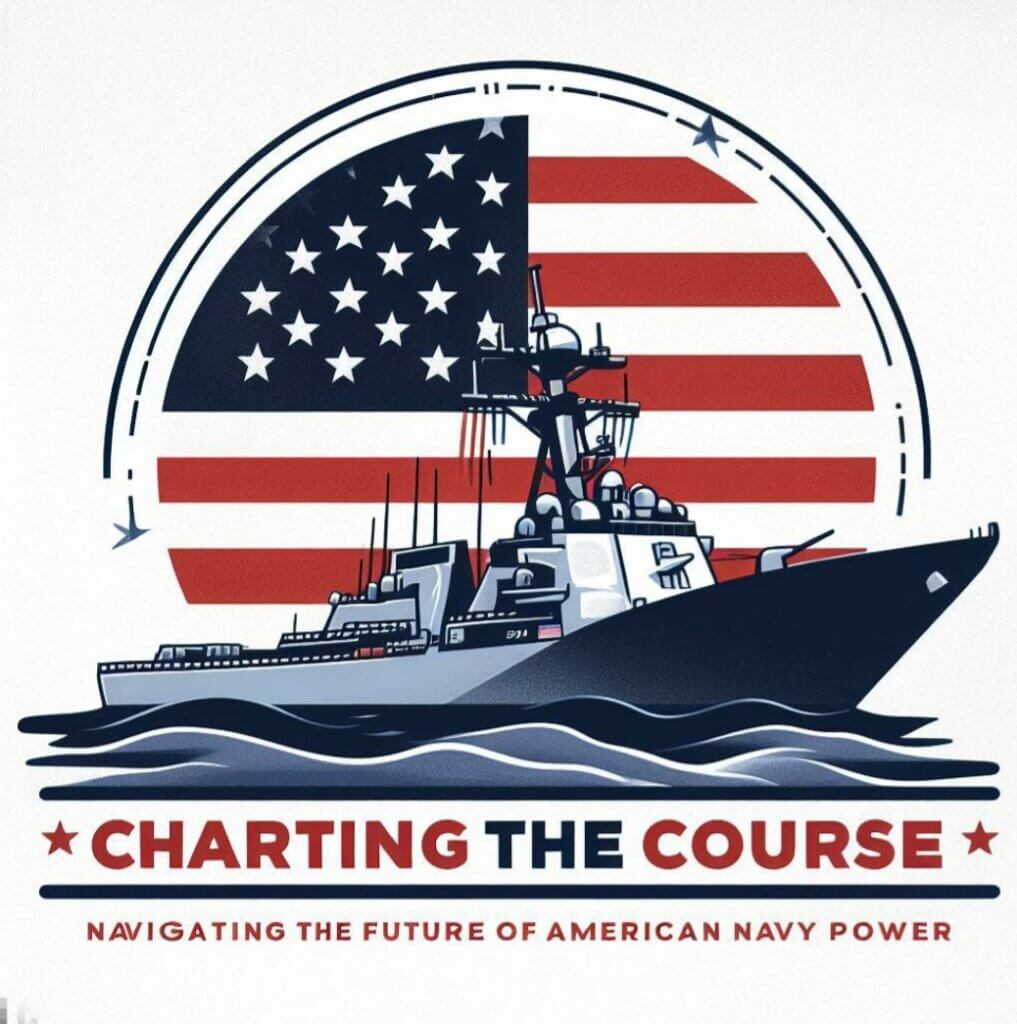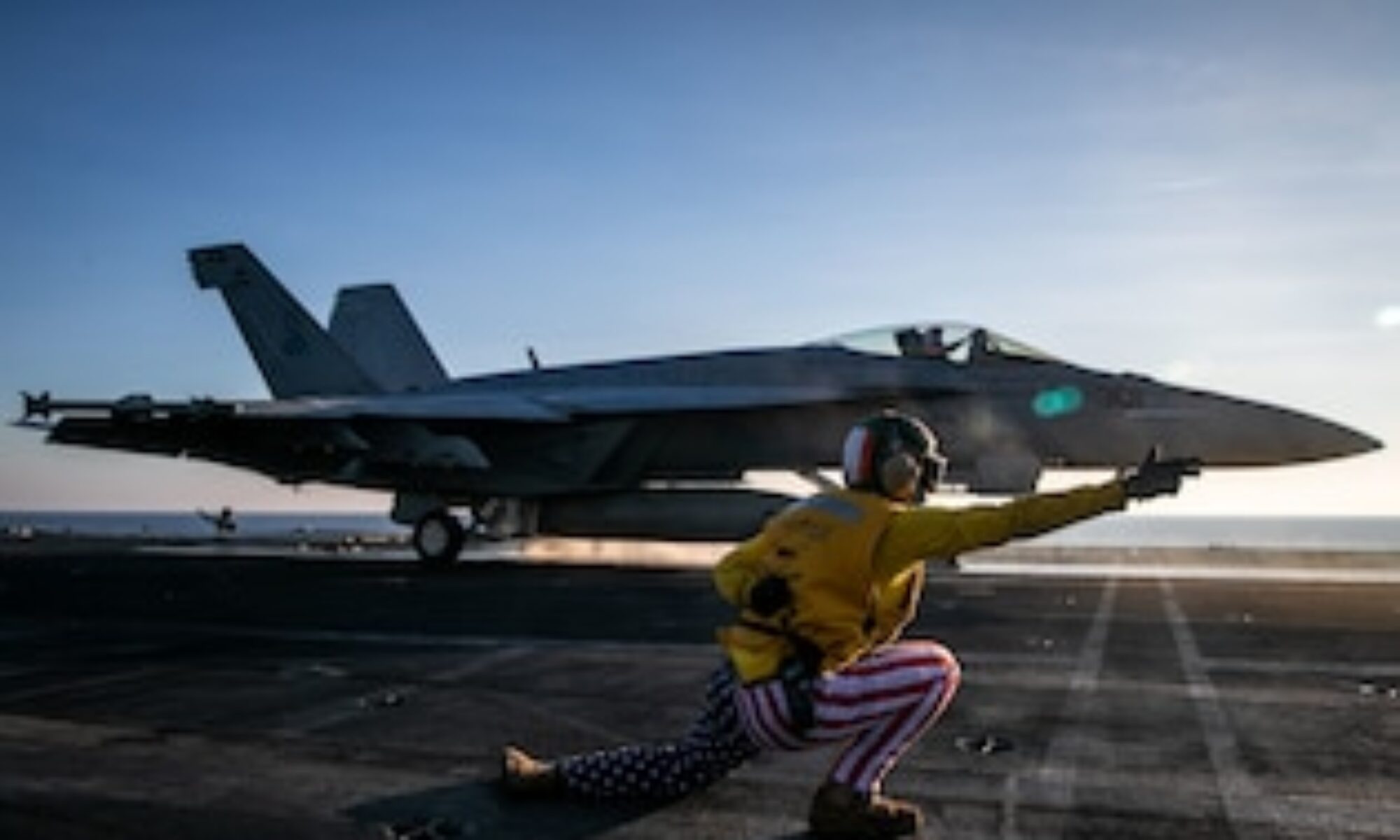
Welcome to ‘Charting the Course: Navigating the Future of American Naval Power’.
In this insightful episode, we have the honor of featuring Dr. Bruce Jones, a distinguished expert from the Talbot Center on Security, Strategy, and Technology, and the Center on East Asia Policy. Dr. Jones, known for his acclaimed work ‘To Rule the Waves’, brings a wealth of knowledge to our discussion on the critical issues shaping maritime power in our rapidly evolving global landscape.
My co-host Dale and I have previously laid the groundwork by introducing key themes and objectives of our series, including an in-depth conversation with Dr. Steven Wills, a respected naval historian and former U.S. Naval officer, in our episode ‘Developing and Implementing Effective U.S. Navy Strategies’.
Join us as we continue ‘Charting the Course’ for American Naval Power, exploring how maritime trade and security are pivotal in shaping the world order.”
In our dynamic global environment, we explore pressing questions:
-
- Are we entering a new era of maritime power struggles due to climate change and intensified sea-based globalization?
-
- What constitutes ‘ruling the waves’ in terms of maritime shipping dominance? How are factors like ship ownership, port control, and trade flow interconnected?
-
- Dr. Jones discusses the vulnerability of container-based supply chains. Can he provide a specific incident of piracy or disruption that caused substantial economic impact?
-
- What emerging threats, such as cyberattacks, climate disruptions, and political instability, are facing container shipping, and how can the US Navy and other stakeholders respond?
-
- How will technological advancements like automation and AI reshape the future of container shipping, and what are the implications for efficiency, security, and workforce dynamics?
-
- What is the current state of global trade, naval power, and the impact of climate change on oceans? What challenges and implications do these trends pose for the future world order?
-
- Finally, how does the history of maritime trade and power mirror the patterns of post–Cold War globalization, with historical examples to support this relation?

